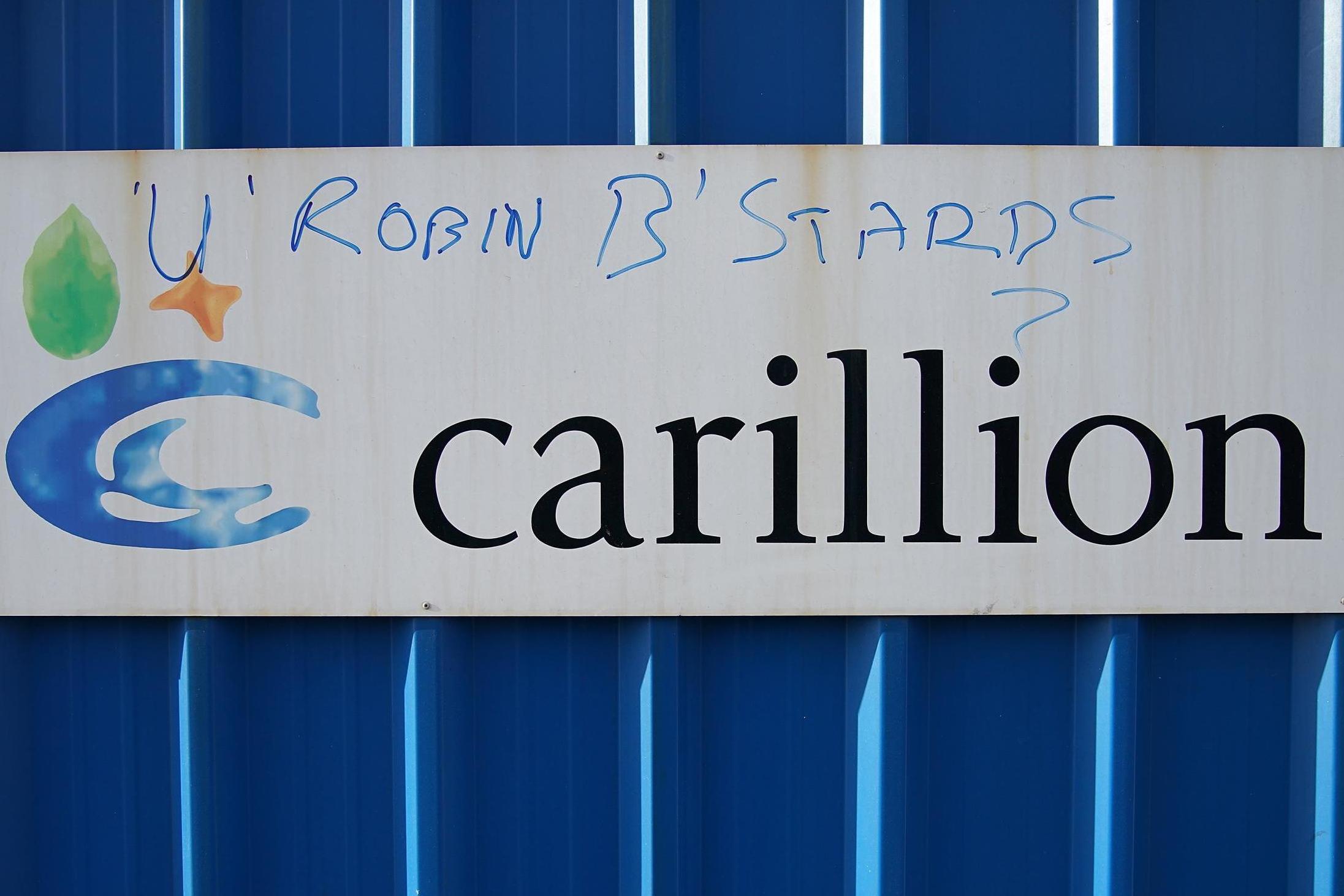CMA stops short of forcing break up of Britain's book keepers but will its proposals make audits better?
The watchdog has called for the big four accountants to "operationally separate" or ring fence their audit businesses from their consulting arms

As I predicted a couple of weeks ago, the Competition & Markets Authority has stopped short of recommending a break up of Britain’s book keepers.
Instead it’s proposing that Britain’s big four accountants - PwC, EY, KPMG and Deloitte - ring fence their audit arms from their more lucrative consulting businesses.
The fingerprints of Andrew Tyrie, the CMA’s chair, are all over what the watchdog prefers to call “operational separation”.
In his role as chair of the Parliamentary Commission on Banking Standards, he successfully prodded the government into requiring that banks ring fence their retail arms (savings, lending to the likes of you and me) from their City businesses (advising on floats and deals, underwriting them and rolling the dice in the financial casino).
One issue with adopting the same approach for accountants is that it isn't so much what’s good for the goose is good for the gander as it is what’s good for the goose is good for the yellow tailed warbler.
It applies the same solution to different problems coughed up by very different businesses, although they do have in common their involvement in a succession of tawdry scandals which they’ve shown scant sign of accepting any responsibility for together with a notable failure to manage conflicts of interest.
But perhaps the criticism isn’t entirely fair. The CMA has conducted an exhaustive investigation and it isn’t just ring fencing that auditors will have to put up with if and when the government has legislated to enforce the conclusions.
Big companies will have to engage smaller firms of accountants alongside the big four to jointly audit their books, and their audit committees will face tougher regulation.
One set of critics (and I count myself among them) wonder whether the proposals go far enough but another other maintains that they will simply result in higher costs for businesses when there’s no evidence that they will result in better book keeping.
Thing is, they haven’t come up with any better ideas. They also typically argue that the sort of break up recommended by MPs on the Business, Energy & Industrial Strategy Committee would be too hard, international companies need access to international standard auditors and the consultants they pal around with etc, etc, etc. Far better to do nothing very much and let them get on with it.
The fact is that people have been talking about improving big auditors’ book keeping ever since KPMG signed off HBOS as a going concern in 2007 just six months before it went pop and had to be bailed out by Lloyds in a government sponsored rescue.
Since then there have been a succession of reports and nothing much has changed and oh look, there’s Carillion, BHS, Interserve.
None of these collapses were down to the auditors. The problem has been with their persistent unwillingness to say “Houston, we have a problem”, leading one to question quite what the point of an audit is.
It is indeed an open question as to whether the CMA’s proposals will do any good. It’s worth noting that the US and the EU have been grappling with the issues, and they haven’t as yet come up with any answers to the dilemmas posed by the big four and the virtual monopoly they hold when it comes to auditing big company accounts.
Their responses to the CMA ranged from sharply critical in the case of EY to quite positive in the case of KPMG, possibly a reflection of the fact that it has been taking the most flak.
But the Local Authority Pension Fund Forum, which invests billions of pounds and is mostly on the right side of debates about corporate governance, welcomed the review and said it had been had been “impressed by the thoroughness and independence of the CMA’s work”.
I fear we’ll be here again in a few years time, but on that basis the CMA’s recommendations have at least earned the right to a run out.
Join our commenting forum
Join thought-provoking conversations, follow other Independent readers and see their replies
Comments
Bookmark popover
Removed from bookmarks